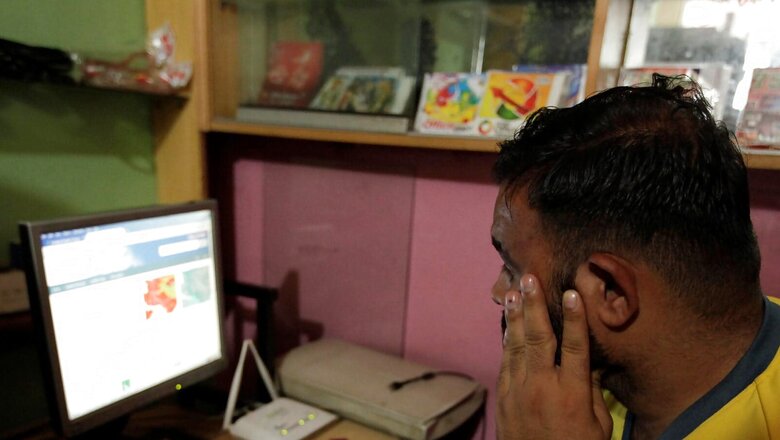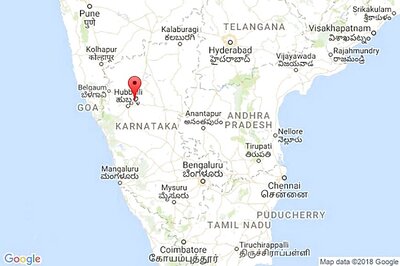
views
Internet users in Pakistan may face slow surfing and downloading speeds due to faults in internet submarine cable supply, according to a report by Pakistani news agency The News International.
The nation earlier in December also faced issues with internet speeds due to a similar reason but the report highlighted that the Pakistan Telecommunication Authority (PTA) decided to shift internet traffic to other cables. The recent issue occurred after faults were discovered in its cable in the Indian Ocean.
The fault was reported in the international submarine cable, SMW4, operated by PTCL (Pakistan Telecommunication Company Ltd). Due to the faulty cable, which is in the Indian Ocean, internet speeds will remain affected during the peak hours.
“Work is underway to fully restore internet services at the earliest. PTA is monitoring the situation and will continue to update it,” the PTA said in a statement posted on Twitter. It also said that it has made arrangements for ‘alternate bandwidth’ which will aim to lower the effect the outage may have on internet users in the country. “In the next few days, additional bandwidth will be added,” the PTA said in its statement.
South East Asia–Middle East–Western Europe 4 (SEA-ME-WE 4) is an optical fibre submarine communications cable system which is responsible for telecommunications between Singapore, Malaysia, Thailand, Bangladesh, India, Sri Lanka, Pakistan, United Arab Emirates, Saudi Arabia, Sudan, Egypt, Italy, Tunisia, Algeria and France.
Digital Pakistan Dream Faces Obstacles
A study conducted by Pakistani researchers shows that without high-speed fibre optic network the nation’s dream of Digital Pakistan will remain unfulfilled. The paper authored by Umar Nadeem, Aliza Amin and Navid Qazi assessed the core internet infrastructure landscape in Pakistan, accessed by Pakistan news agency the Dawn.
They highlighted that only 9% of the mobile towers were connected to a fibre optic network – far behind from the 40% international standard – which further increases the nation’s internet woes.
Though Pakistan’s internet service providers are spending $100 to $150 million per year on fixed broadband, it is not enough to meet the upcoming demand, the paper highlighted. The researchers also highlighted that policy and regulatory space of the nation is also ill-equipped to cater to the nation’s rising internet demands.
Read all the Latest News here




















Comments
0 comment